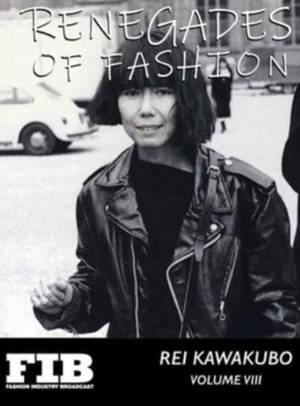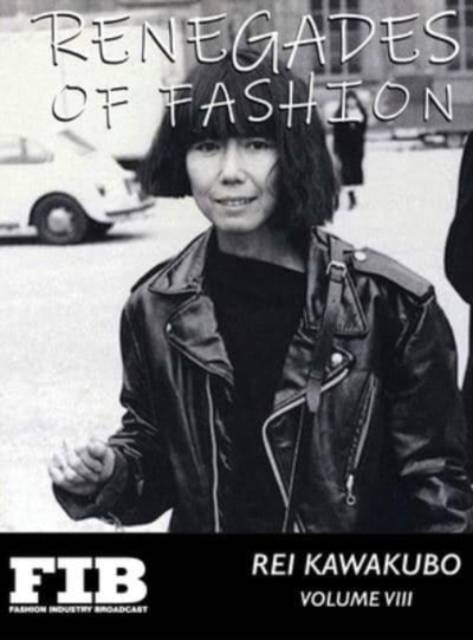
- Retrait gratuit dans votre magasin Club
- 7.000.000 titres dans notre catalogue
- Payer en toute sécurité
- Toujours un magasin près de chez vous
- Retrait gratuit dans votre magasin Club
- 7.000.0000 titres dans notre catalogue
- Payer en toute sécurité
- Toujours un magasin près de chez vous
Description
The old guard of fashion despised her; the critics never understood her. But for Rei Kawakubo, founder of the renowned fashion label Comme Des Garcons, that was always the point. For the more polarising a collection was, the more success it accrued. Kawakubo eschewed conventional standards of beauty, ushering in a new era of anti-fashion; a deconstructed wonderland of noir, capable of creating strong, provocative pieces for women with a defiant desire to dress in a way that reflected their own unique sensibilities.
Kawakubo was born in Tokyo in 1942, the eldest of three siblings and sole daughter of the family. Her father was an administrator at Keio University; her mother, a trained English teacher whom remained at home to raise the family.
Though she insisted her home life was comfortable, even ordinary, Kawakubo came from a family of divorce - a rarity in Japanese culture at the time. Her mother had wished to enter the workforce when her children came of age; her father, however, expressly forbade it.
In most Japanese households during that time and of their social standing, this would have been the end of discussion: the patriarchal law meant his word was final. But the Kawakubo's were no ordinary family - their mother insisted on a divorce, leaving her husband to fulfill her dream of becoming a high school teacher. It was an act that instilled a sense of defiance in her young daughter, teaching the values of independence and determination, a defining moment that Kawakubo would look to for resolve over the course of her life.
In 1960, Kawakubo attended her father's university and undertook a degree in "the history of aesthetics," a course that considered both Eastern and Western culture and art. When she graduated in 1964, she left home and without telling her parents, moved into a shared apartment in the seamy Harajuku neighborhood of Tokyo.
Kawakubo has always asserted she owns a duality of personality, and her early adult years did much to cultivate this notion: while the bohemian lifestyle of Harajuku spoke to her inherent desire to "break the rules," the other half - gifted through education and the affluent social circles she formed during university - held a deep concern for both "tradition and history."
Spécifications
Parties prenantes
- Auteur(s) :
- Editeur:
Contenu
- Nombre de pages :
- 402
- Langue:
- Anglais
Caractéristiques
- EAN:
- 9781639448722
- Date de parution :
- 08-06-21
- Format:
- Livre relié
- Format numérique:
- Genaaid
- Dimensions :
- 216 mm x 279 mm
- Poids :
- 1578 g

Les avis
Nous publions uniquement les avis qui respectent les conditions requises. Consultez nos conditions pour les avis.






